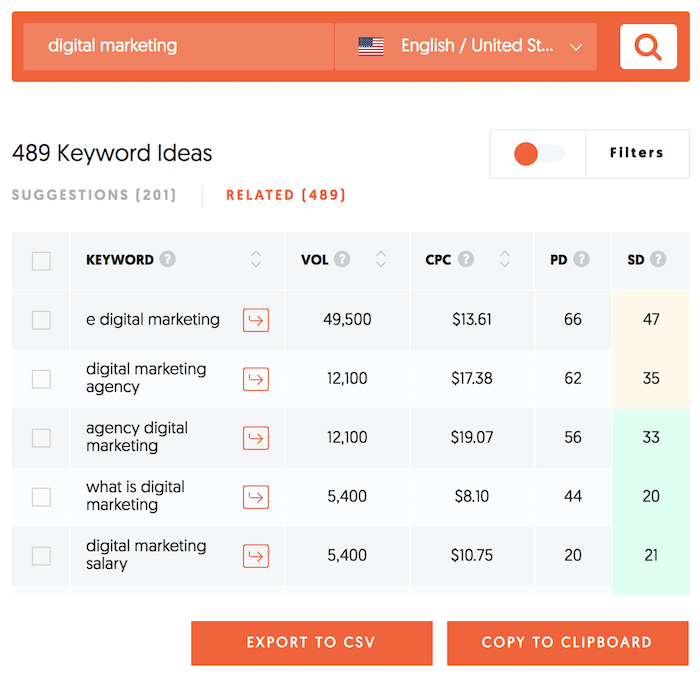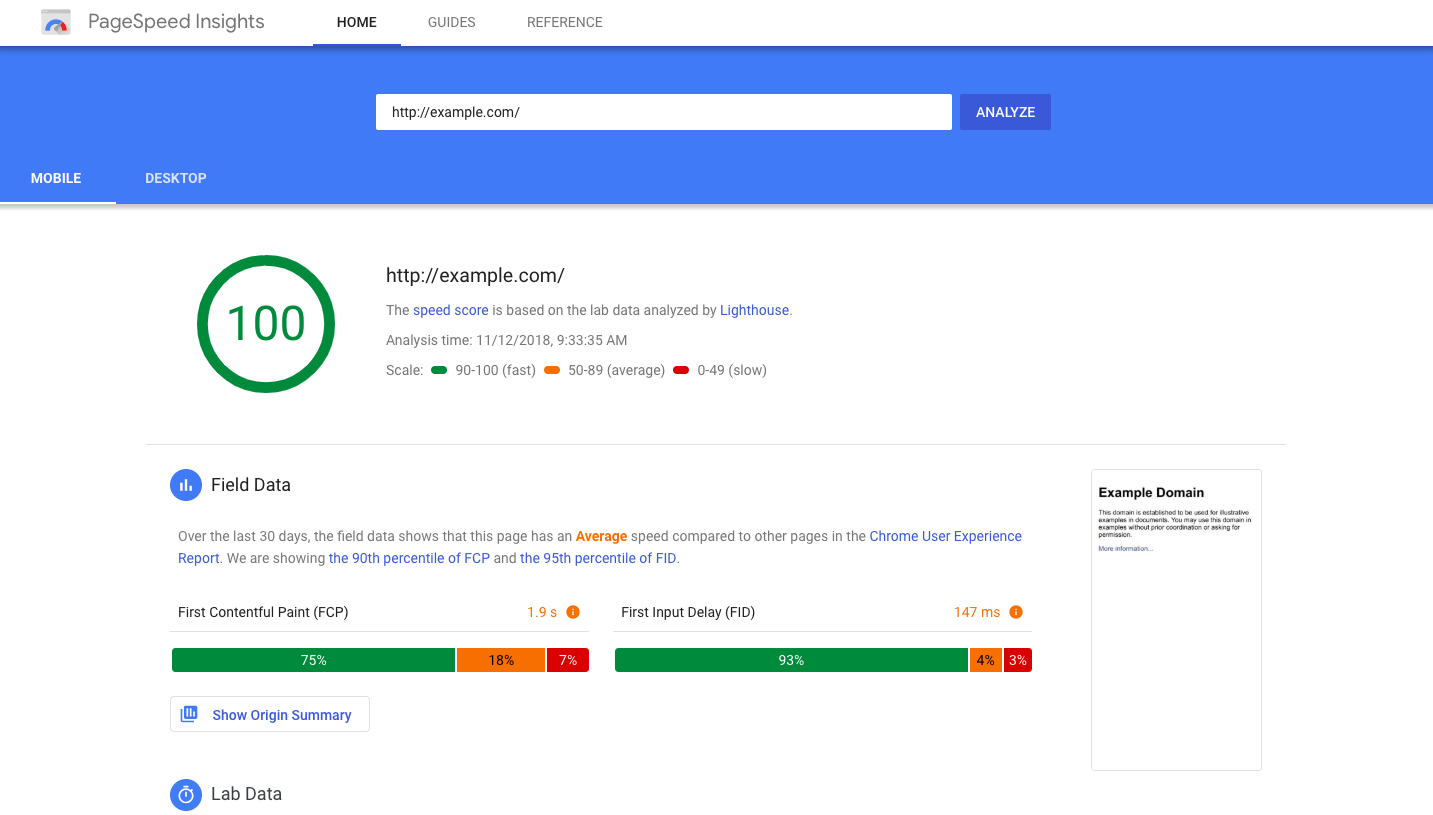How to Write a High Ranking Blog Article
If you want to expand your audience, offer insights, and rank higher on google, then blog articles are key. They can help build brand awareness, help you find your businesses voice and most importantly, get more people to engage with you and your business. What you write about will typically be relevant to your industry, but no matter the content, there are some rules you should follow if you’re looking to write a high-ranking article.
Keywords
Perhaps the most important part of your SEO strategy is your keywords. These are snippets of text that can be inserted into your blog to help google define your content. These keywords are what’s used by potential customers to find you and your business, so it’s imperative that you include them in any of your content.
There are a number of ways in which you can find the most effective keywords for the content you’re writing. Ubersuggest is a great place to start. By using their keyword tool, you can find out the keywords you need by entering generic terms into their keyword idea tool. Then it will give you a range of useful keywords to include and include data about them such as volume (searches per month), CPC (cost per click), paid difficulty and SEO difficulty. By taking a look at the data and the keywords, you can compile a handy list of them to include in your article.
When using your chosen keywords don’t spam them into your text. As well as bringing the reading quality down, Google no longer gives a good ranking to pages that employ keyword stuffing as a tactic. Keep this in mind when writing your content and be tactful with your use of keywords. Make sure to include them throughout your article, especially at the start so Google knows what your content is about.

Optmisied URLs And Images
Optimising both will help your articles rank higher on Google and give your work a better aesthetic. For images, you’ll want to edit your alt text to include relevant keywords that you've found, and for your URLs, make sure that they're not just some random jumble of words and letters. Make them simple, memorable, and relevant to your content.
Length
Google prefers content-rich pages, so the more you write, the more likely you are to be ranked higher. Obviously, you still need to write quality content as well as pair it with quantity, so don’t be tempted to write longer pieces of content just for the sake of filling space. If you want some tips on how to improve your copywriting so that you can write better long-form content, click here for some of our best copywriting tips.
According to Hubspot, the ideal length of your average article should be around 2100-2400 words, however, good SEO practices can help lower word count articles rank just as high and get as many reads!
Loading speed
Loading speed is also something you should consider, with 53% of mobile users spending only 3 seconds waiting for a page to load before exiting, this means for the majority of people you only have a few seconds to get their attention, and that’s before they’ve even read a single word. Having a faster loading page is also another factor that Google uses when ranking your site, so the faster the better!
Use Google’s page speed insights to find out yours. They’ll also give you a list of things you can do to remedy anything that’s slowing down your page on mobile or desktop.

Contact Us Today
At Iocea, we have a team full of digital marketing experts that can help you write perfectly optimised articles that will boost your SEO ranking on Google and get you more customers for your business. Get in touch with us today to find out how we can help.